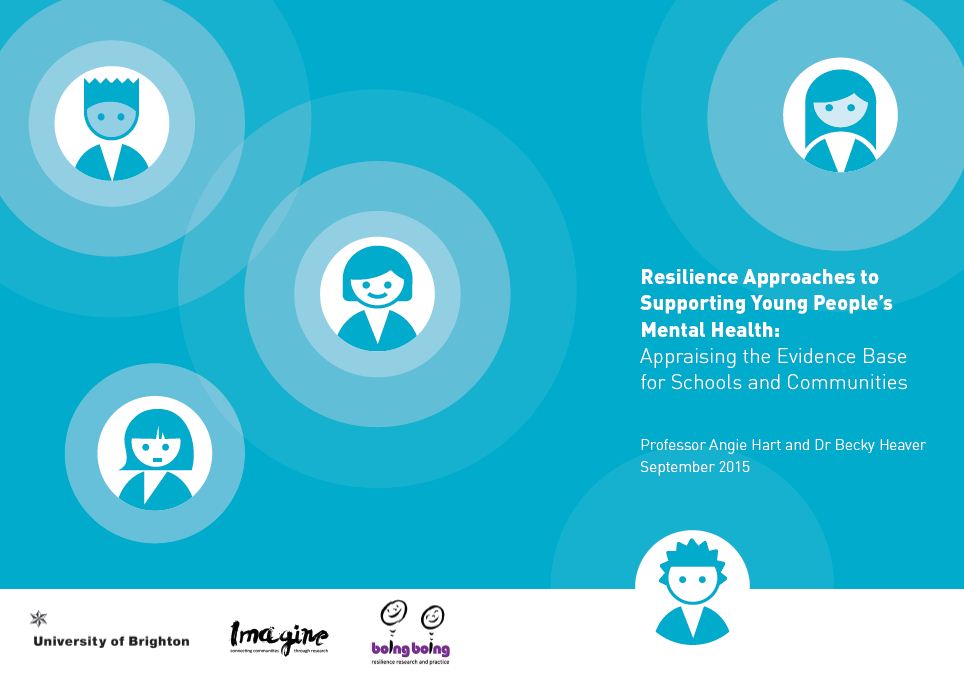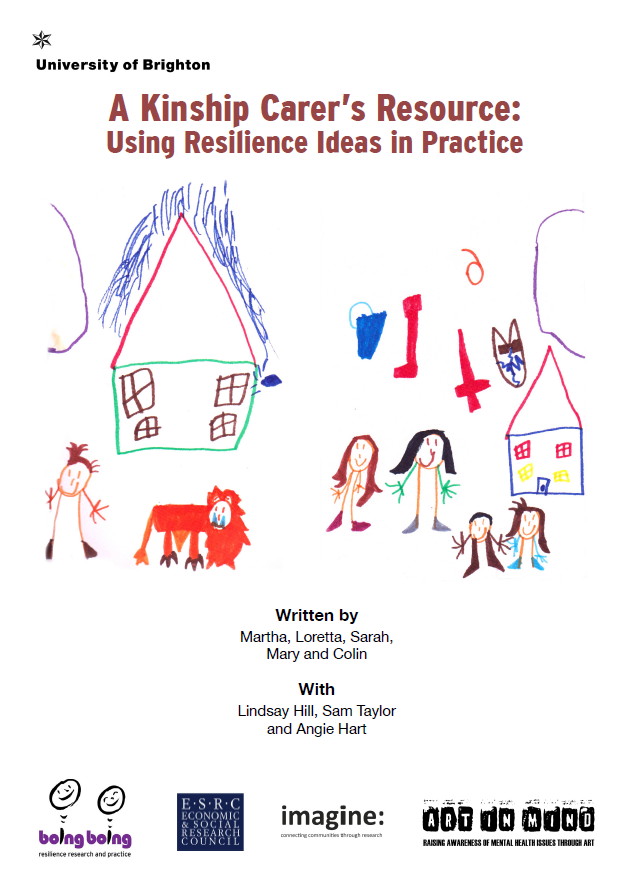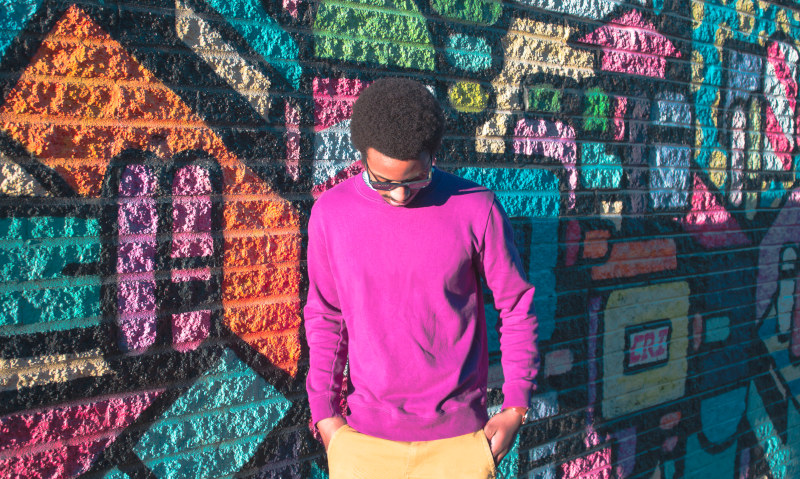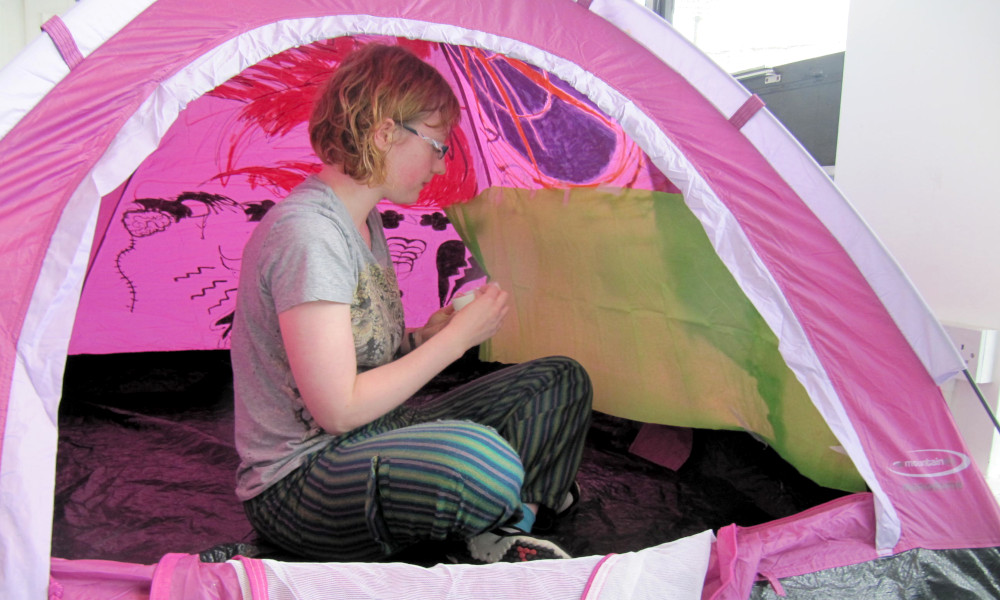The relevance of resilience to working with children and young people is well established. In recent years the notion of ‘practitioner resilience’ has also been established in the literature, widening the application of resilience theory to those working in various fields of professional practice.
 [email protected]
[email protected]
Been sweltering at Edith Cowan University in Western Oz and offered my sweaty palm to many a community member and their academic partner. What an exaggerator. The air con was on most of the time and I was fresh as a daisy. Hats off to the team for getting two very diverse groups of people together for both the morning and afternoon sessions – people from the uni, local council, police, schools and further education colleges to name just a few places from whence they hailed.
Greetings from a very sunny Australia where I’m spending four weeks as Visiting Fellow courtesy of Engagement Australia, an umbrella organisation for a number of Australian universities committed to community university partnership working. Temperatures here are hitting 40 degrees. And that’s before we get down to discussing the complexities of community university partnerships.
The European Resilience project explores how to help adults and adolescents through resilience training, using a three-part toolkit including Guidelines, 10 exercises and an interview schema developed to fit into adult education and counselling.
FRIENDS for Life is an evidence based programme that teaches children and young people techniques to cope with anxiety and promotes resilience and well-being. It uses a cognitive behavioural therapy (CBT) framework incorporating attachment, mindfulness and health behaviours in school-based groups.
Using artwork, film and photography the group will explore how the resilience components of the Resilience Framework relate to visual arts and how they can be used in the everyday lives of young people and the young at heart.
This practitioner research combines support work with young people who have experienced challenging times and the Resilience Framework. By examining the mechanisms that promoted resilience amongst young men who were offending, the study took the Resilience Framework and applied it to the data collected on the young men’s experiences.
This documentary about the project includes footage from the resilience-building arts workshops, the project exhibition showcasing the young people’s art work, and interviews and artists statements from the young people experiencing mental health complexities and /or learning difficulties who participated in the workshops.



